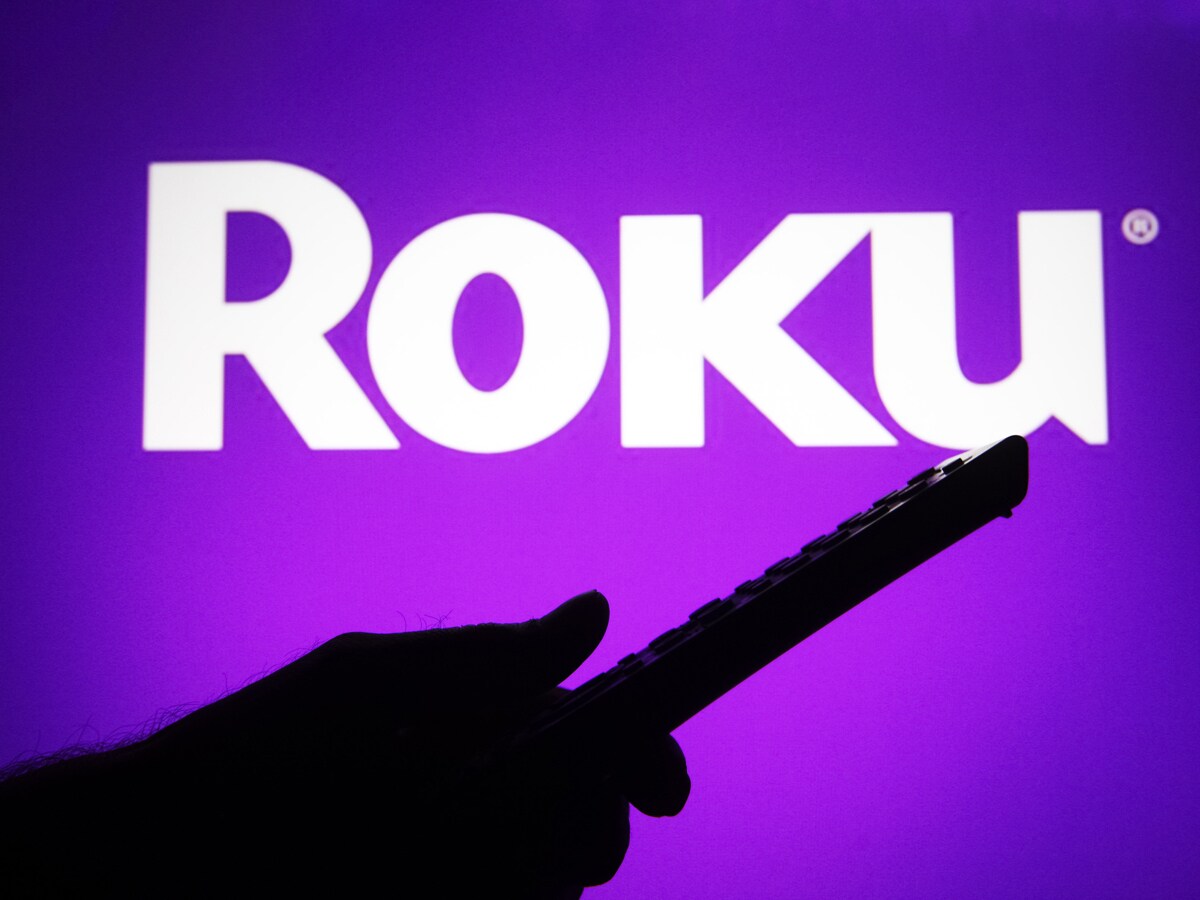Roku's share price performance has been better than that of its rival Netflix [NFLX], up 32.21% so far in 2021. Netflix shares are almost flat so far this year, up 1.51% year-to-date, and just 4.53% in the last 12 months to yesterday's close. Furthermore, Roku's stock has outperformed the US media and entertainment sector as a whole. The iShares Evolved US Media and Entertainment ETF [IEME] has registered a year-to-date increase of 13.12% and climbed 50.86% in the last 12 months. Roku is currently the ETF's biggest holding with a weighting of 5.22% (as of 9 July).
From minor player to market leader
The Roku share price has benefited greatly from the demand for streaming during lockdowns and stay-at-home orders. But even as economies start to open up again and restrictions lift, Roku has been seeing impressive numbers.
In Q1 2021 the company brought in revenue of $574.2 million, a 79% year-over-year increase and its highest growth since its IPO in September 2017, CNBC notes. Platform revenue, which includes advertising, was up 101% to $466.5 million and the company added 2.4 million active accounts, bringing the total to 53.6 million.
The platform growth was superior to that of other ad-tech platforms such as Pinterest [PINS], which grew 78%, Amazon [AMZN], which increased 77% and Snapchat [SNAP], which grew 66, according to Loop Capital analysts noted and reported by CNBC.
Roku has come a long way since it started life as a unit of Netflix, building hardware for its now-streaming rival before the team was spun out in 2008 as a separate company. Today, it’s the US market leader in streaming video distribution.
In the first quarter of this year, Roku had a 36% share of the domestic video distribution market, the same as Amazon’s Fire TV, but far greater than the 12% and 8% market share held by Apple [APPL] TV and Google’s [GOOGL] Chromecast, according to data from Parks Associates and reported by CNBC. In 2020, Roku’s market share was 38% versus Amazon’s 32% share.
The data shows that while Roku’s share of the domestic video distribution market has remained at around a third for the past five to six years, Amazon Fire TV has tripled its share of the market since 2015.
Following the Q1 2021 earnings report, MoffettNathanson analysts issued a note to clients in which they cited concerns about what increasing competition could mean for the Roku share price.
“If this were a less competitive market, we would be all in on Roku’s opportunity … The problem is that long term, we remain unconvinced that Roku has built a large enough moat to keep competitors out of their business – and that is certainly more true outside the US,” they wrote, as reported by CNBC.
The analysts reiterated their neutral rating and $360 target for Roku share price, which implies a 14.1% downside from its 7 July closing price.
Could original programming give Roku the edge?
One way Roku will try to fend off competition is by investing in original programming. The company is reportedly planning to spend $1bn on this next year, although this is dwarfed by the $17bn Netflix is expected to spend this year.
Roku has already made headway by paying less than $100m for content originally created for and distributed through the much-criticised and now-defunct platform Quibi.
In an earlier note issued in March, MoffettNathanson analysts wrote: "In order to better compete with a new crop of now fully integrated AVOD [advertising video-on-demand] competitors, we believe that Roku will have to 'ladder up' into original content (à la Netflix) and away from commoditised library content,” LightReading reported,
“The acquisition of Quibi's nascent library is the first step. This pivot will be expensive, filled with more execution risk,” they continued.
Tim Nollen, director and senior analyst of media, entertainment, advertising and ad tech at Macquarie Bank, has raised his target for the Roku share price from $400 to $485 — an upside of 15.7% from its current price —
“based on the long runway we see ahead in both device and ad sales,” he wrote in a note to clients seen by Barron’s.
Nevertheless, Nollen is cautious. He believes there’s a risk that growth could slow in the second half of the year and this could potentially affect the Roku share price.
Disclaimer Past performance is not a reliable indicator of future results.
CMC Markets is an execution-only service provider. The material (whether or not it states any opinions) is for general information purposes only, and does not take into account your personal circumstances or objectives. Nothing in this material is (or should be considered to be) financial, investment or other advice on which reliance should be placed. No opinion given in the material constitutes a recommendation by CMC Markets or the author that any particular investment, security, transaction or investment strategy is suitable for any specific person.
The material has not been prepared in accordance with legal requirements designed to promote the independence of investment research. Although we are not specifically prevented from dealing before providing this material, we do not seek to take advantage of the material prior to its dissemination.
CMC Markets does not endorse or offer opinion on the trading strategies used by the author. Their trading strategies do not guarantee any return and CMC Markets shall not be held responsible for any loss that you may incur, either directly or indirectly, arising from any investment based on any information contained herein.
*Tax treatment depends on individual circumstances and can change or may differ in a jurisdiction other than the UK.
Continue reading for FREE
- Includes free newsletter updates, unsubscribe anytime. Privacy policy





